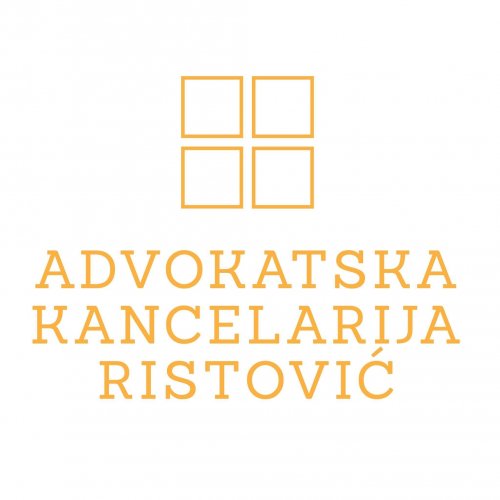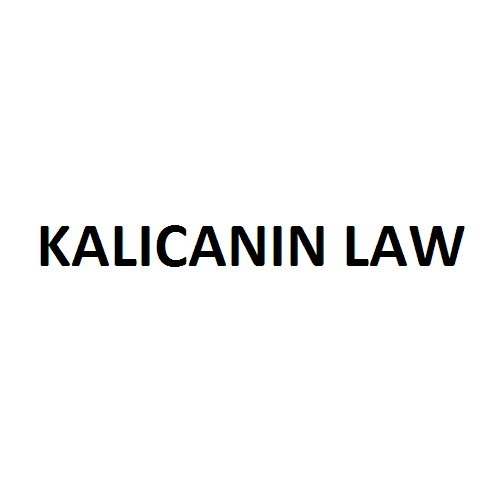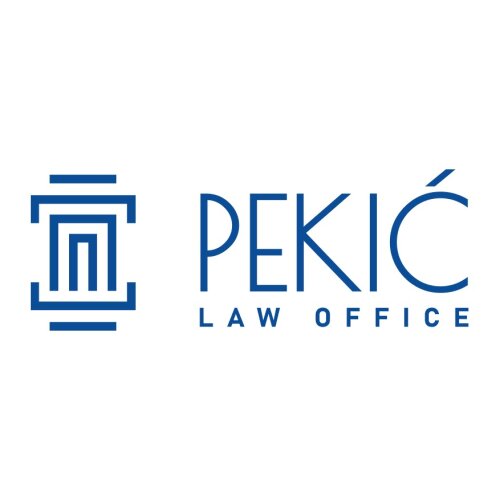Best Citizenship Lawyers in Serbia
Share your needs with us, get contacted by law firms.
Free. Takes 2 min.
Or refine your search by selecting a city:
List of the best lawyers in Serbia
About Citizenship Law in Serbia
Citizenship in Serbia is governed by the Law on Citizenship of the Republic of Serbia. This legal framework outlines the criteria for acquiring, renouncing, or losing citizenship in the country. Serbian citizenship can be obtained by descent, birth in the territory, naturalization, or international agreement. The law emphasizes the protection of national interests and the rights of citizens, while aligning with international standards.
Why You May Need a Lawyer
Engaging a lawyer experienced in citizenship matters can be crucial in various situations. Here are some common scenarios where legal advice may be necessary:
- Navigating the complex process of naturalization or dual citizenship.
- Dealing with situations where citizenship is controversial or in question.
- Assisting with the legal intricacies of renouncing previous citizenships.
- Providing advice on citizenship-related rights and obligations.
- Handling cases of citizenship revocation or disputes related to citizenship status.
- Appealing decisions made by immigration authorities.
Local Laws Overview
The Law on Citizenship of the Republic of Serbia outlines the processes for acquiring citizenship through birth, descent, or naturalization. A few key points include:
- Citizenship by Descent: Children born to at least one Serbian parent generally qualify for citizenship.
- Citizenship by Birth: Birth within the Serbian territory can qualify a person for citizenship if specific conditions are met.
- Naturalization: Applicants must demonstrate residency, knowledge of the Serbian language, and integration into the culture.
- Dual Citizenship: Serbia allows dual citizenship, but it may depend on the agreement between Serbia and the other country involved.
- Loss of Citizenship: Voluntary renunciation is permitted, and involuntary loss is rare and used under specific conditions.
Frequently Asked Questions
What are the main ways one can acquire Serbian citizenship?
Citizenship can be acquired via descent, birth in Serbia, naturalization, or through an international agreement.
Can I have dual citizenship if I become a Serbian citizen?
Yes, Serbia permits dual citizenship, but specific circumstances and agreements with other countries may influence this status.
How long do I need to reside in Serbia to apply for naturalization?
Generally, five years of continuous residency is required for naturalization, along with other criteria like language proficiency.
What documents are required for a citizenship application?
Applicants typically need to provide a birth certificate, proof of residence, passport, employment records, and other identity documentation.
Can I apply for citizenship if I don't speak Serbian?
Language proficiency is a requirement for naturalization, demonstrating integration into Serbian society and culture.
What are the fees associated with applying for Serbian citizenship?
Application fees vary depending on the type of application and individual circumstances. It's advisable to consult the relevant administrative authority for precise details.
How can someone lose Serbian citizenship?
Citizenship can be lost through formal renunciation or in rare cases, involuntary revocation under specific legal conditions.
If my child is born in Serbia but neither parent is Serbian, can my child acquire citizenship?
Circumstances such as statelessness of the child or other legal conditions may allow for citizenship by birth in Serbia.
How long does the citizenship process usually take?
The timeframe can vary widely depending on the complexity of the application and the volume of cases. Consulting with a legal advisor can help set realistic expectations.
Is there an age requirement for citizenship application?
Applicants for naturalization must be adults. Children can acquire citizenship based on their parents' status and decisions.
Additional Resources
For further assistance or information, consider consulting the following resources:
- Ministry of Internal Affairs of the Republic of Serbia: They oversee citizenship matters and applications.
- Embassy or Consulate of Serbia: Provides guidance for citizenship processes for those residing abroad.
- Legal Aid Organizations: Nonprofits may offer pro bono legal assistance or advice.
- Watch Websites for Immigration Policy Updates: Keeping informed of any legal changes is beneficial.
Next Steps
If you or someone you know requires legal assistance in citizenship matters, consider these steps:
- Consult a Lawyer: Seek legal help from a professional with experience in Serbian citizenship law.
- Gather Necessary Documents: Ensure all required documentation is in order and up-to-date.
- Understand Your Rights and Obligations: Familiarize yourself with both rights obtained from citizenship and any obligations.
- Follow Legal Processes: Adhere strictly to the guidelines and timelines stipulated for citizenship applications or appeals.
- Remain Informed: Keep updated on any changes in Serbia's citizenship laws or processes that could impact your case.
Lawzana helps you find the best lawyers and law firms in Serbia through a curated and pre-screened list of qualified legal professionals. Our platform offers rankings and detailed profiles of attorneys and law firms, allowing you to compare based on practice areas, including Citizenship, experience, and client feedback.
Each profile includes a description of the firm's areas of practice, client reviews, team members and partners, year of establishment, spoken languages, office locations, contact information, social media presence, and any published articles or resources. Most firms on our platform speak English and are experienced in both local and international legal matters.
Get a quote from top-rated law firms in Serbia — quickly, securely, and without unnecessary hassle.
Disclaimer:
The information provided on this page is for general informational purposes only and does not constitute legal advice. While we strive to ensure the accuracy and relevance of the content, legal information may change over time, and interpretations of the law can vary. You should always consult with a qualified legal professional for advice specific to your situation.
We disclaim all liability for actions taken or not taken based on the content of this page. If you believe any information is incorrect or outdated, please contact us, and we will review and update it where appropriate.
Browse citizenship law firms by city in Serbia
Refine your search by selecting a city.

















